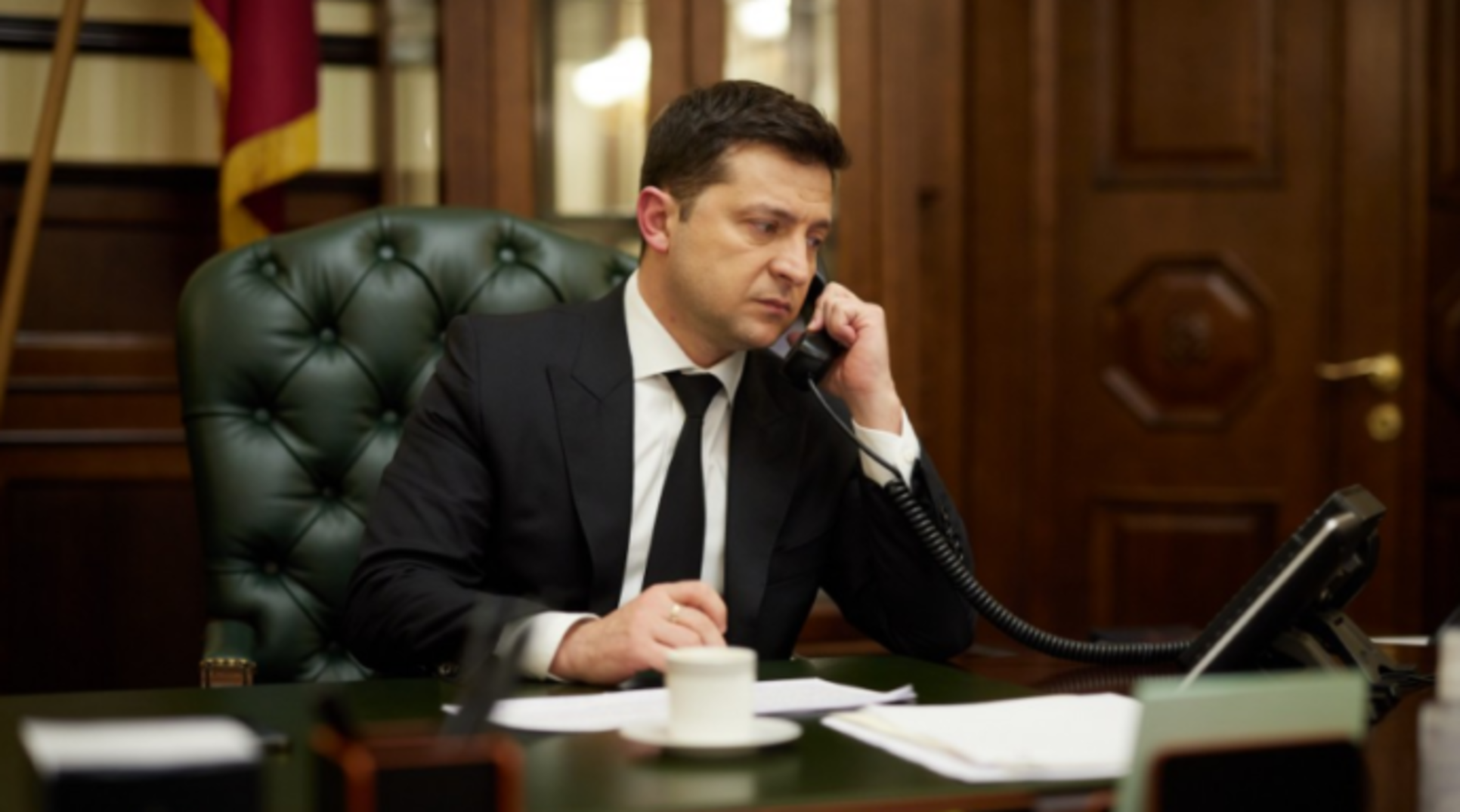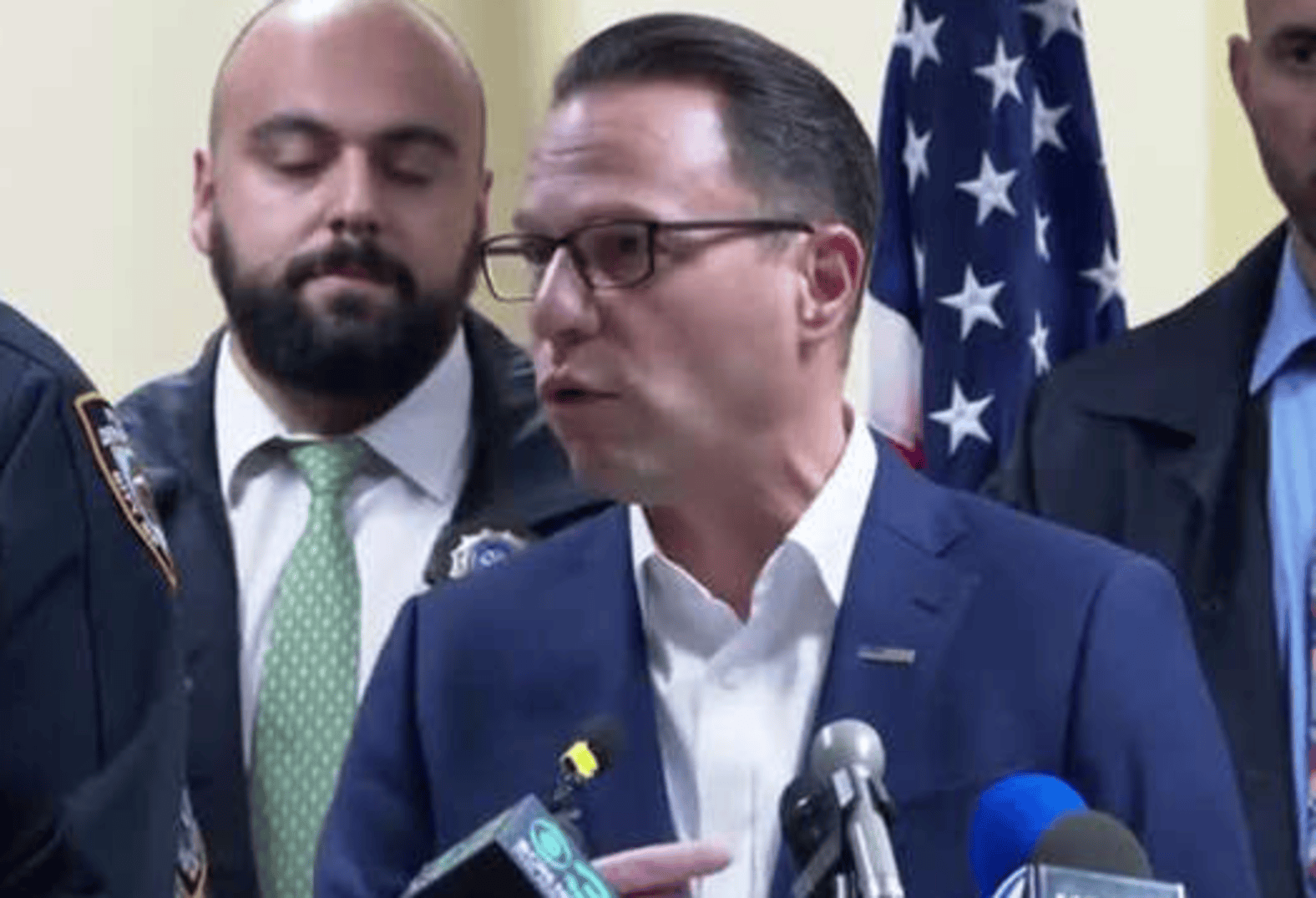
Zelensky Urgent Plea: Missiles Delayed, Crisis Deepens.Ukraine-Russia War Update: Zelensky’s Urgency for Long-Range Missiles and Rising Tensions
Zelensky’s Plea for Long-Range Missiles
Ukrainian President Volodymyr Zelensky has expressed frustration over the delay in approving long-range missiles for Ukraine. He has been vocal about the need for these weapons to counter Russian attacks. Zelensky has repeatedly requested long-range US ATACMS and British Storm Shadow missiles to target Russian positions. His urgency stems from the devastating daily assaults Ukraine faces from Russian forces. Zelensky Urgent Plea: Missiles Delayed, Crisis Deepens
Zelensky’s anger is evident. He finds it “difficult to repeatedly hear” Western allies say they are still deciding on lifting restrictions on these weapons. He believes that the delay allows Putin to continue his aggressive tactics without significant repercussions.
Western Allies and the Decision Delay
The delay in approving the use of long-range missiles has become a point of contention. UK Prime Minister Keir Starmer and US President Joe Biden recently met at the White House. Their discussions included the ongoing situation in Ukraine and other international issues. However, there was no immediate announcement regarding the use of long-range missiles.

Starmer and Biden’s meeting did not produce a clear decision. This lack of progress has left Ukraine in a difficult position. The Western allies’ hesitancy is causing frustration among Ukrainian leaders.
Putin’s Response and Accusations
According to him, arming Ukraine with these weapons could trigger a direct conflict between NATO and Russia.
Russia has made claims that NATO would be directly confronting Moscow if these missiles were provided to Ukraine. These accusations add another layer of complexity to the ongoing conflict.
Russian Diplomatic Actions
In response to the missile discussions and other diplomatic tensions, Russia has expelled six British diplomats.
The expulsion of British diplomats underscores the heightened tensions between Russia and the West. It reflects the broader geopolitical struggle surrounding the conflict in Ukraine.
Starmer’s Commitment to Ukraine
Despite the escalating tensions and diplomatic disputes, UK Prime Minister Keir Starmer remains committed to supporting Ukraine. During his visit to Washington, Starmer reiterated the UK’s support for Ukraine’s “fight for freedom.” He emphasized the importance of continued assistance in the coming weeks and months.
Starmer’s statements align with the UK’s broader stance on supporting Ukraine. The UK government’s support is seen as crucial in helping Ukraine navigate the ongoing conflict.
The Crucial Weeks Ahead
The next few weeks are expected to be pivotal for Ukraine. The decision on long-range missiles and other forms of support will play a significant role in shaping the conflict’s trajectory.
Global Reactions and Implications
The delay in providing long-range missiles is a point of concern for many allies. The geopolitical implications of these decisions are significant, affecting not only Ukraine but also broader international relations.
Impact on Ukraine’s Military Strategy
The availability of long-range missiles could have a substantial impact on Ukraine’s military strategy. These weapons would allow Ukrainian forces to strike further behind enemy lines, potentially changing the dynamics of the conflict. The continued delay in their approval hampers Ukraine’s ability to respond effectively to Russian aggression.
Enhanced Strike Capability
If Ukraine receives these missiles, it would greatly enhance its ability to strike targets deep within Russian-held territory. Currently, Ukraine’s military is limited to shorter-range systems, which confine their operational reach. Long-range missiles would allow Ukrainian forces to target key Russian logistics hubs, ammunition depots, and command centers far behind the front lines. This capability would be a game-changer, enabling Ukraine to disrupt Russian supply chains and weaken their operational effectiveness.
Strategic Flexibility
The addition of long-range missiles would provide Ukraine with greater strategic flexibility. It would enable Ukrainian commanders to adapt their tactics more effectively, launching precision strikes against high-value targets that are currently out of reach. This flexibility could lead to more successful counter-offensives and defensive operations, potentially altering the balance of power on the battlefield.
Psychological Impact
The potential deployment of these missiles would also have a psychological impact on both Russian forces and civilian morale. Knowing that their bases and supply routes could be targeted from a distance might demoralize Russian troops and prompt them to alter their strategies or become more defensive. This psychological pressure could lead to mistakes and vulnerabilities that Ukraine could exploit.
Current Limitations
Without these long-range capabilities, Ukraine remains at a disadvantage. Their current arsenal limits their ability to effectively counter Russian advances and protect strategic areas. The ongoing delay in decision-making from Western allies prolongs these limitations, affecting Ukraine’s operational efficiency and potentially leading to further losses.
It would enhance their strike capability, offer greater tactical flexibility, and impact Russian morale. The delay in delivering these weapons continues to constrain Ukraine’s ability to respond to the evolving conflict effectively.
Conclusion
The situation in Ukraine remains fluid and complex. Zelensky’s frustration with the delay in long-range missile approval highlights the urgent need for decisive action. The interactions between Western leaders and the ongoing diplomatic tensions with Russia reflect the high stakes involved. As the conflict continues, the decisions made by international allies will be crucial in determining the future of Ukraine and its struggle against Russian aggression.







